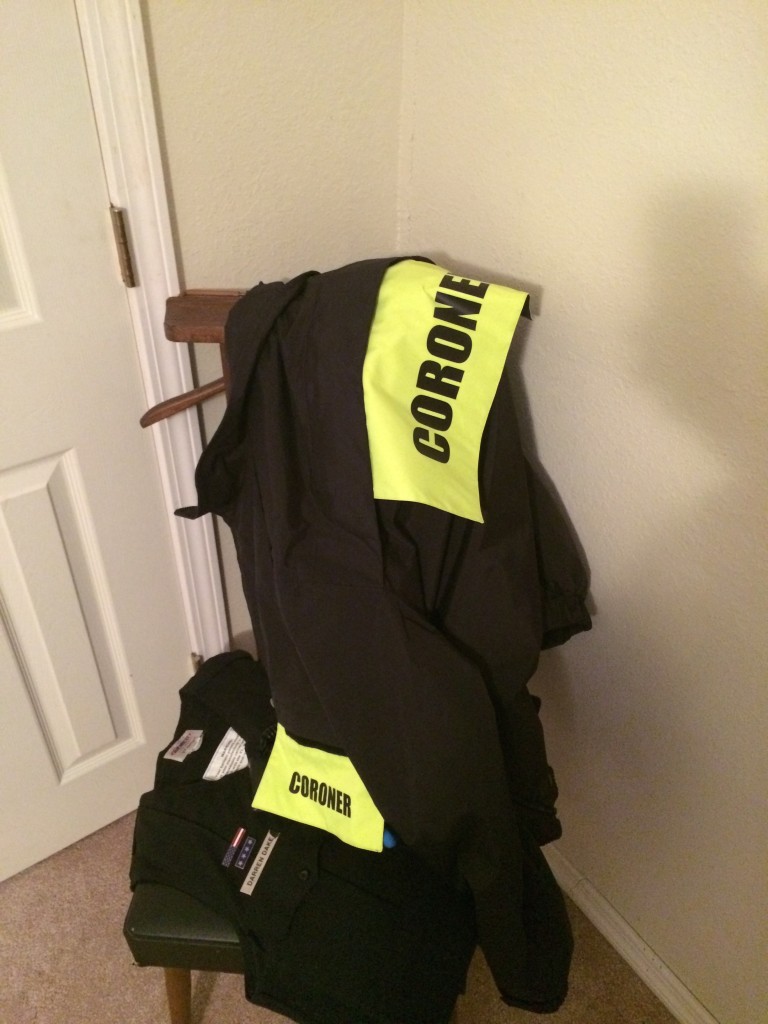A coroner is a government official. The standard role of a coroner is to confirm and certify the death of an individual within a jurisdiction. A coroner may also conduct or order an inquest into the manner or cause of death, and investigate or confirm the identity of an unknown person who has been found dead within the coroner’s jurisdiction. In England, where the role originated, a coroner also deals with treasure trovecases. In medieval times, English coroners were crown officials who held financial powers and conducted some judicial investigations in order to counter-balance to the power of sheriffs.
Depending on the jurisdiction, the coroner may adjudge the cause of death personally, or may act as the presiding officer of a special court (a “coroner’s jury”). The office of coroner originated in medieval England and has been adopted in many countries whose legal systems have at some time been subject to English or United Kingdom law. The additional roles that a coroner may oversee in judicial investigations may be subject to the attainment of suitable legal and medical qualifications.
The qualifications required of a coroner vary significantly between jurisdictions.Responsibilities of the coroner may include overseeing the investigation and certification of deaths related to mass disasters that occur within the coroner’s jurisdiction. A coroner’s office typically maintains death records of those who have died within the coroner’s jurisdiction.
A medical examiner’s duties may vary depending on location. Typically, a medical examiners duties may include:
- investigating human organs like the stomach, liver, brain,
- determining cause of death,
- issuing death certificates,
- maintaining death records,
- responding to deaths in mass disasters,
- identifying unknown dead, or
- performing other functions depending on local law.
In some jurisdictions, a coroner performs these and other duties. Within the United States, there is a mixture of coroner and medical examiner systems, and in some states, dual systems. The requirements to hold office vary widely between jurisdictions.
Today’s Episode – Abolishing the Coroner System
In this episode I talk at length about the pros and cons of the abolishing coroner system argument. The argument for abolishing the coroner system is that coroners are not as ‘ well trained’ as doctors. The round-a-bout of this argument is that local governments are not willing to pay the money for higher quality applicants for election, nor provide better training and equipment needed for the office. If local governments were then required to pay a Medical Examiner in each county, where would that money come from – and – if that money could be found somewhere, then why not provide the coroner with better pay and training……..?
I also talk with Tom Schafbuch of the American College of Forensic Examiners Institute (ACFEI) about the importance of having a third party accreditation.
Comment Line
I want your questions and comments. Call and leave a message or question for me and I will answer it on the show. If you have a question about the show, your job, or an investigative issue; you can be sure that others do as well. Have your question answered and help others get better training too.
The comment line is 314-328-0996.



